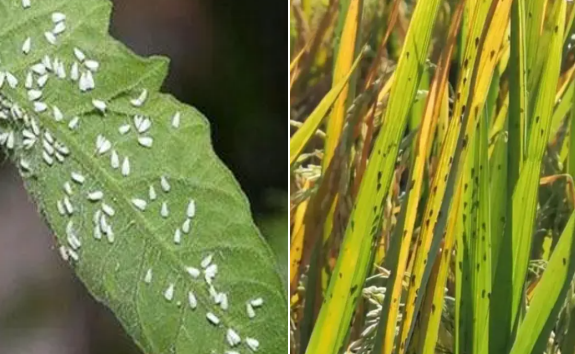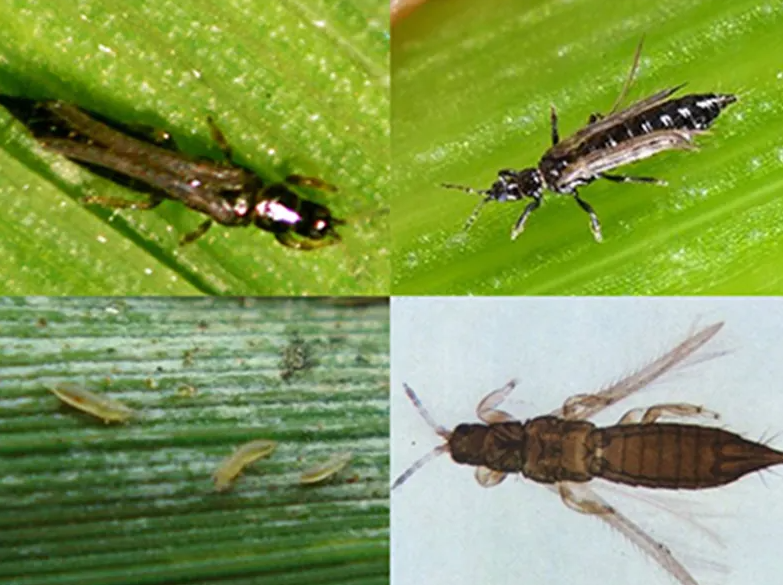Both of them belong to first generation nicotinic pesticides,which against piercing-sucking pests, mainly controlling aphids, thrips, planthoppers and other pests.
Mainly Difference :
Difference 1: Different knockdown rate.
Acetamiprid is a contact-killing insecticide. It can be used to fight low-resistant aphids and planthoppers. , it generally takes 24 to 48 hours to reach the peak of dead insects .
Difference 2: Different lasting period.
Acetamiprid has a shorter duration of insect control, and there will be secondary occurrences in about 5 days during the high incidence period.
Imidacloprid has a good quick-acting effect, and the residual period can reach about 25 days. The efficacy and temperature are positively correlated. The higher the temperature, the better the insecticidal effect. It is mainly used to prevent hedgehog-sucking pests and their resistant strains. Therefore, imidacloprid is the best choice for controlling pests such as aphids, whitefly, thrips, etc.
Difference 3: Temperature sensitivity.
Imidacloprid is less affected by temperature, while acetamiprid is significantly affected by temperature. The higher the temperature, the better the effect of acetamiprid. Therefore, in the northern region, when using the two to control aphids in early spring, imidacloprid is often used instead of acetamiprid.
Difference 4: Different mode of action.
The systemic insecticidal effect of imidacloprid far exceeds that of acetamiprid. Acetamiprid mainly relies on contact to kill insects, so in terms of insecticidal speed, acetamiprid is fast and imidacloprid is slow.
How to choose between them while applying ?
1) When the temperature is lower than 25 degrees Celsius, it is recommended to use imidacloprid to control fruit tree aphids.
2) During the period of high incidence of aphids and planthoppers, if you want to quickly reduce the number of insect populations, then acetamiprid must be the main method, and the effect is quick.
3) In the early stage of aphids, as a preventive spray, imidacloprid can be selected, because it has a longer treatment time and has a more obvious preventive effect.
4) Underground flushing to control thrips, aphids, etc., it is recommended to choose imidacloprid flushing, which has good systemic performance and long tube time. 5) Highly resistant aphids, such as yellow aphid, green peach aphid, cotton aphid, etc., these two components can only be used as medicines, and they cannot be used alone to control aphids.
Post time: Sep-29-2022




